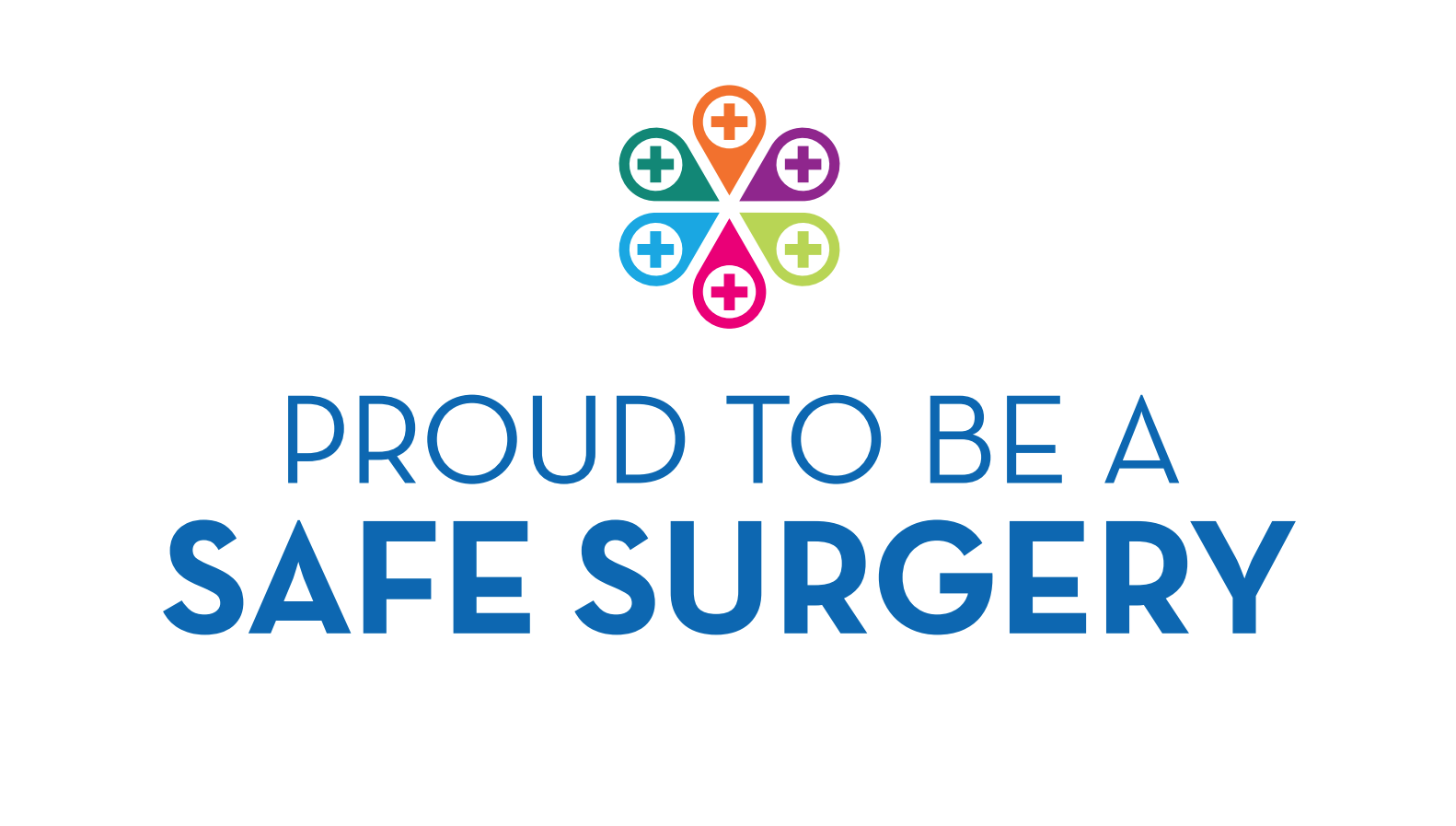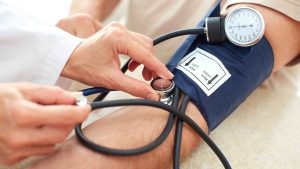Hartland Way Surgery
📍 1 Hartland Way, Shirley, Croydon, CR0 8RG
Telephone: 📞 020 8777 7215
We're open

IMPORTANT NOTICE – 27TH MARCH 2025 Changes to our appointment system Practice Newsletter Winter-Spring 2024/25 London Pharmacy opening hours for Christmas and New Year Holidays 2024/2025 Practice Update following latest NHS developments London Pharmacy opening hours for Summer Bank Holiday 26th August 2024 Practice Newsletter – Summer/Autumn 2024 Household Support Fund (HSF) Newsletter Winter-Spring 2023/24 Newsletter – Summer/Autumn 2023 GetUBetter APP – FREE, easy-to-use tool helping you to self-manage your muscle, bone, and joint (MSK) injuries and conditions. We are a Training Practice! Newsletter – Winter 2022/23 COVID 19 and Flu Vaccines Cervical Screening
PCN Services
PCN Services
Croydon Supernetwork currently offers the following services
First Contact Practitioner
The Role of First Contact physiotherapists (FCP’s) in primary care is to assess patients with soft tissue, muscle and joint pain and support patients to decide on the most appropriate management pathway. You do not need to see your GP first as the FCPs are expert in the assessment of these conditions and are able to request investigations such as xrays and blood tests if it is required. FCP’s are physiotherapists with expertise in the assessment and management of Musculoskeletal (MSK) conditions. They may also be known as an Advanced Practice Physiotherapist (APP) or MSK practitioners.
Social Prescribing Service
Social Prescribing is a (non-medical) service that aims to help people improve both their health and wellbeing. It see a broad range of people with differing social, emotional and practical needs, helping them access the right resources (e.g. groups, courses, activities, information, social connections, services, support etc.) to meet those needs.
Care Coordinator
Care Coordinators play an important role within our PCN to proactively identify and work with people, including the frail/elderly and those with long-term conditions, provide coordination and navigation of care and support across health and care services. The care coordinators role will ensure patient health and care planning is timely, efficient and patient-centred. The role will include responsibilities for the coordination of the patient’s journey through primary and secondary care. This is achieved by bringing together all the information about a person’s identified care and support needs and exploring options to meet thee within a single personalised care and support plan, based on what matters to the person.
Pharmacy Team
Clinical pharmacists and pharmacy technicians are increasingly working as part of the general practice team. Our clinical pharmacists are highly qualified experts in medicines and can help people in a range of ways. This includes carrying out structured medication reviews for patients with ongoing health problems and improving patient safety, outcomes and value through a person-centred approach.
Clinical pharmacists work as part of the general practice team to improve value and outcome from medicines and consult with and treat patients directly. This includes providing extra help to manage long-term conditions, advice for those on multiple medicines and better access to health checks. The role is pivotal to improving the quality of care and ensuring patient safety.
Having clinical pharmacists in GP practices means that GPs can focus their skills where they are most needed, for example on diagnosing and treating patients with more complex conditions. This helps GPs to manage the demands on their time.
PCN Paramedic
PCN paramedics work independently within their scope of practice within the PCN, using their enhanced clinical assessment and treatment skills, to assess and manage patients presenting with acute presentations which include minor illness or injury, abdominal pains, chest pains and headaches. Our PCN paramedics are involved extensively with housebound patients for vaccines, blood tests and health checks.








